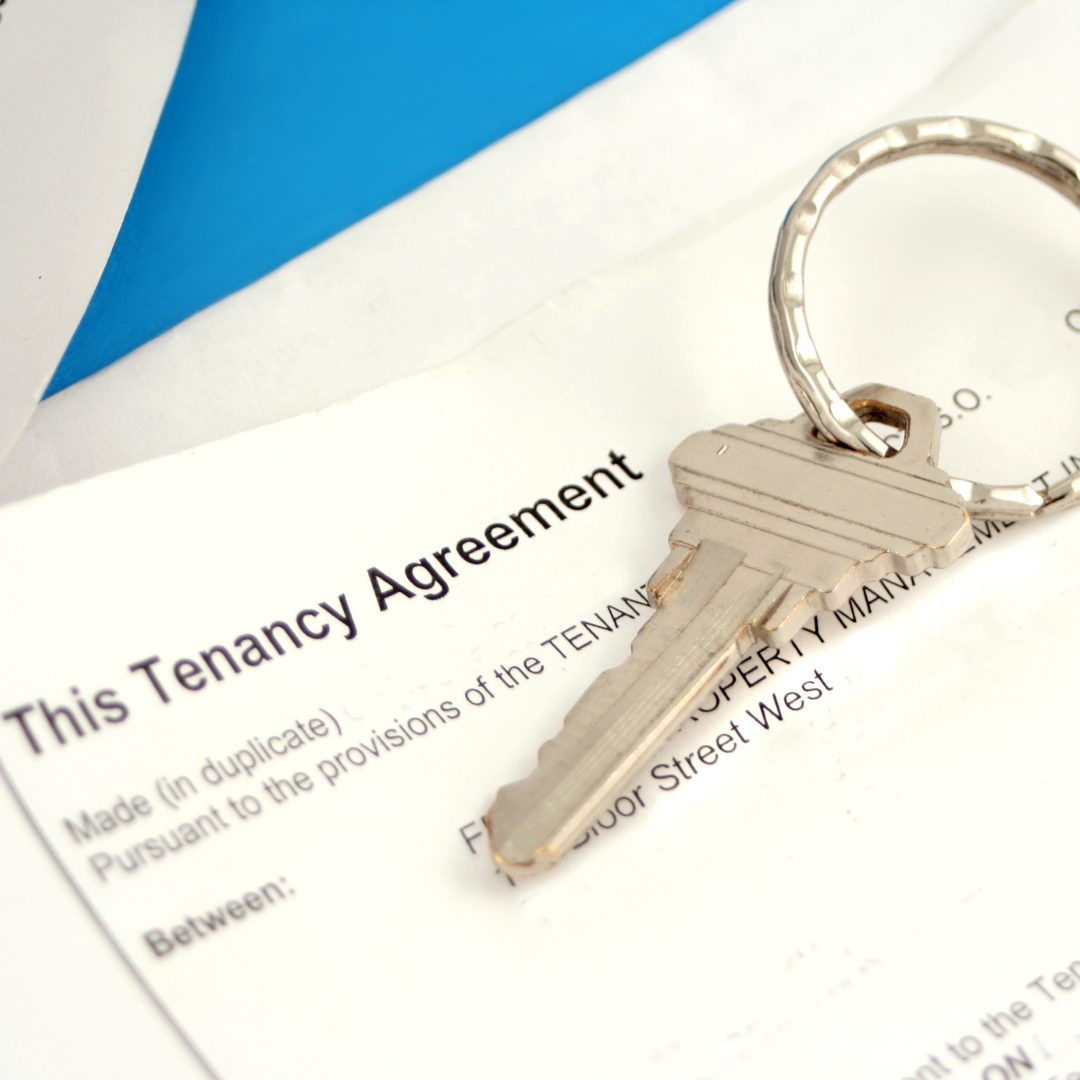GOVERNMENT’S PROPOSAL TO CAP COMPULSORY PURCHASE COMPENSATION. SURELY NOT?
Peter Cole
Sep, 12 2021 3 min readThe Department of Levelling Up, Housing and Communities announced a bombshell of a consultation on compensation reform on 6th June. Suspiciously well timed whilst the cameras were pointing at MP’s considering if they have confidence in our PM.
If carried through into the Levelling-Up and Regeneration Bill (LURB), these are likely to be the most significant reforms to the assessment of compensation since 1973.
Post consultation, the detail will evolve but I see the principle take away points are summarised below.
The consultation (found here) is divided into two parts. First, there are proposed reforms to the CAAD (certificate of appropriate alternative development) system. The Government simply presents what it intends to do by way of amendments to be introduced into the LURB. The consultation doesn’t actually ask for a response about those proposals and therefore I will not dwell on this and also it is a rather niche area that will not affect most claimants.
The second part of the consultation brings us to the bombshell. I will not extract the proposals in all their glory, but the highlights are below:
“We are proposing a further measure to allow acquiring authorities to request a direction from the Secretary of State that, for a specific scheme, payments in respect of hope value may be capped at existing use value or an amount above existing use value where it can be shown that the public interest in doing so would be justified.”
Capped hope value? So less, than market value! It does go on to say:
“Landowners would remain entitled to a fair price for their land. No-one would be paid less than existing use value and, where a cap above existing use value was directed, they would remain entitled to hope value up to the cap where hope value was evidenced.”
A cap is a cap and would suggest that this would be limiting the market value. In my view, this is being stemmed from the Environmental Bill and the requirement for developments to provide more public goods including better access, ecology obligations and biodiversity offsetting. These additional obligations are only increasing the price of schemes and not allowing these schemes to come forward as a result of these additional costs. Therefore, this proposal is a cost saving exercise that will be at the detriment of the landowner.
Furthermore, I feel that the perceived problem is that the current legislation governing compensation enables landowners to receive compensation for more than their interest is worth. However, I feel this is delusional. There are very few occasions where landowner’s have received an amount that could be seen as over market value in a ‘no scheme world’. However, I can think of plenty more occasions where a landowner has received less, not least because an acquiring authority has played hard-ball and forced the landowner to either accept their offer or take on the risk of litigation by referring their case to the Tribunal. The balance of power is already weighted in favour of acquiring authorities and there is absolutely no reason to add further to that. The principle of equivalence is ingrained in legislation governing compensation and I can’t help but think that this proposal is pulling us further away from this fundamental principle.
I would encourage any compulsory purchase practitioner to review and respond to the consultation.
































